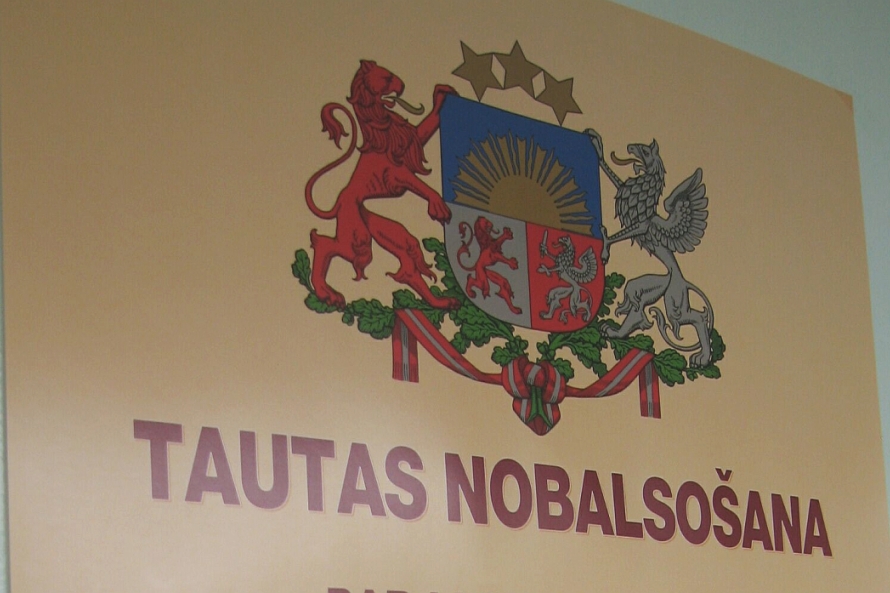APPL's move comes ahead of the introduction of new laws from January 1, 2015 that make it harder for Latvian citizens to force a referendum on proposed legislation following a series of such initiatives, the most important of which was a failed attempt in 2012 to introduce Russian as a second official language alongside Latvian.
That in turn led to the tightening of the rules governing how popular plebiscites could be launched amid fears that too many costly referendums were being launched, none of which had any real chance of success.
Since 1990, eight referendums have been held.
Currently in theory the signatures of just 10,000 citizens are needed to launch a complex procedure that triggers a second-round of signature collection at taxpayers' expense that could end in a national plebiscite on a draft law but which usually ends in failure with tens of thousands of euros wasted.
From next year, draft laws can only be proposed only after one tenth of the electorate – around 155,000 people – has signed up at the expense of the organizers, not the Central Electoral Commission (CVK). APPL argues that the changes are unconstitutional.
APPL representative Andris Mierins said the costs of collecting notarized signatures would be prohibitively expensive, effectively shutting down grassroots citizens' initiatives.
"The Saeima is distancing itself from the people and depriving them of the chance to make legisative initiatives,” Mierins said in a statement, “Only large, rich corporations will be able to lobby the parliament."
According to APPL estimates, the cost of notarizing 155,000 signatures at the 116 registered notaries around the country would amount to more than 6.2 million euros.
On August 6, APPL's application for a referendum was registered with CVK.
























